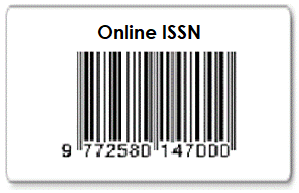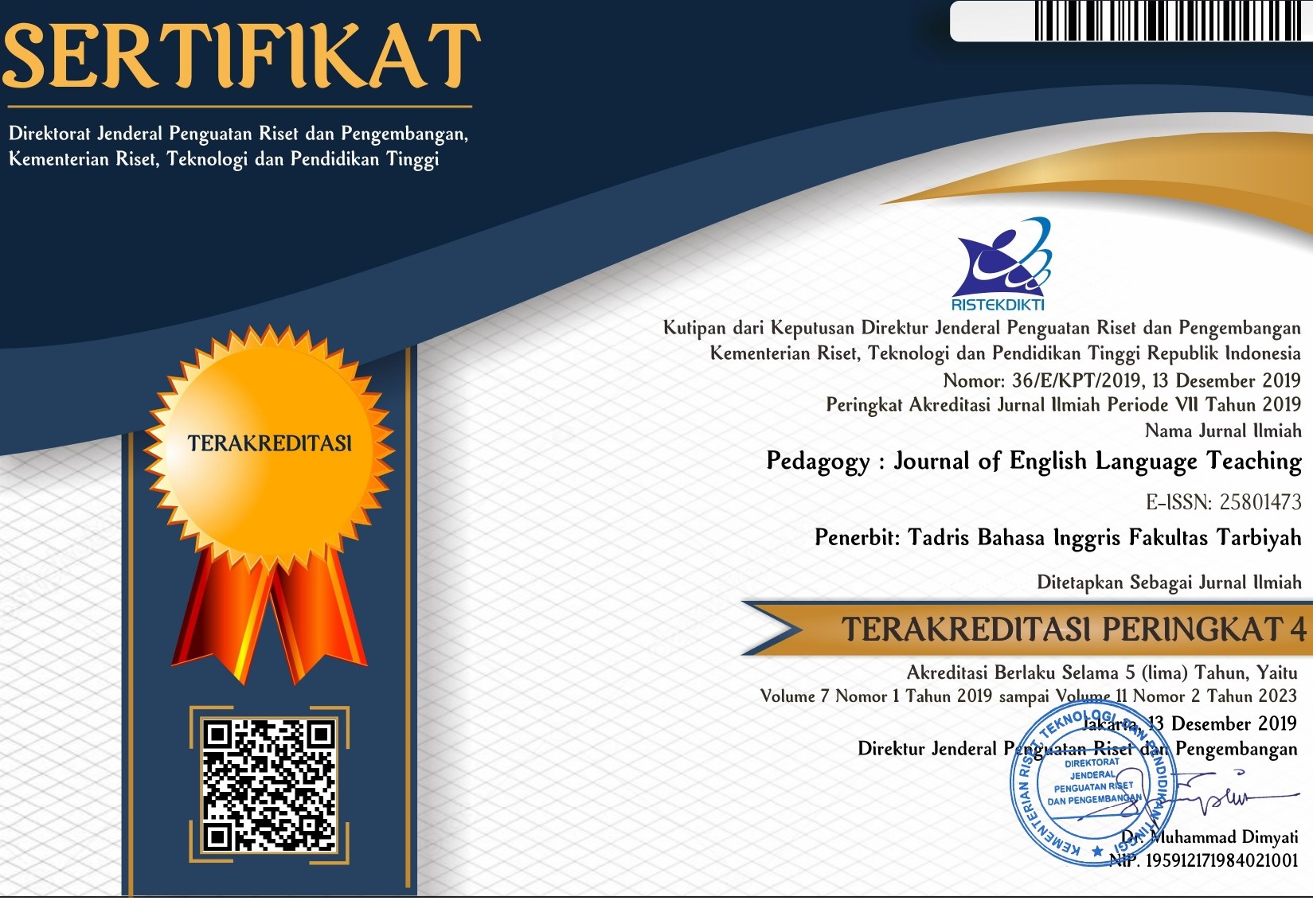A Study on Ganre-Based Approach in Teaching Speaking to Indonesian EFL Learners
Keywords:
EFL learners, Ganre Based Approach, Speaking skillAbstract
The implementation of genre-based approach in EFL teaching has been increasingly attracting many EFL teachers’ attention. This study aimed at investigating the implementation of Ganre-Based Approach in teaching and learning process of speaking skill at SMPN 1 Gamping Yogyakarta. This study was descriptive qualitative. The techniques of collecting the data were observation, interviews and documentation. The data was analyzed by referring to theory of the stages of genre-based approach developed by Hammond et al., (1992). The total of the sample of this study was 28 students in the seventh grade of SMPN 1 Gamping Yogyakarta. The findings showed that the English teacher still had some weakness in implementing genre-based approach. Moreover, the students still had many difficulties in generic structure and social function of the text.















